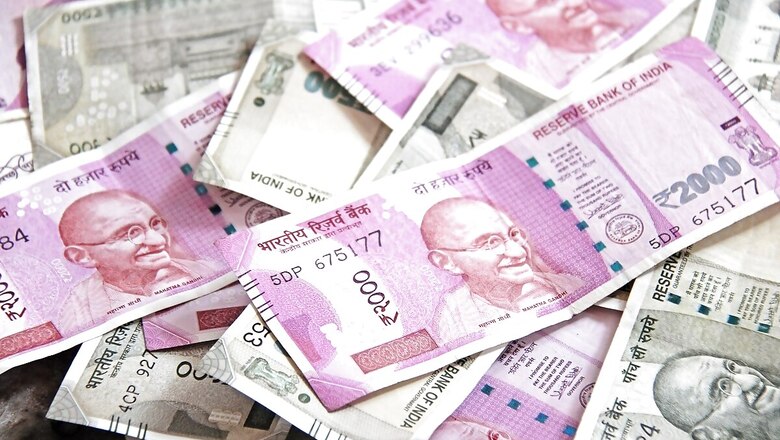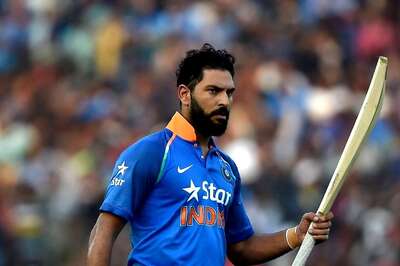
views
Maharashtra and West Bengal were among the five states that did not avail additional borrowing linked to institutional reforms announced by the Centre last year. The government had allowed 23 states to borrow up to an additional one percent of their gross state domestic product (GSDP) as part of the Aatmanirbhar Bharat package on the condition of implementing reforms related to ease of doing business, improving power sector finances etc. A cumulative Rs 1.06 lakh crore out of a possible Rs 2.14 lakh crore was set aside for these states.
Among the five states that did not avail the additional borrowing were Maharashtra, West Bengal, Jharkhand, Mizoram and Nagaland. To be sure, these states could have theoretically implemented these reforms, but might have chosen not to avail the additional borrowing, moneycontrol quoted government sources as saying.
Under fiscal rules, state governments are allowed to borrow up to 3 percent of GSDP. However, in the pandemic year, the Centre allowed states to borrow an extra 2 percent of GSDP. Of this increase, 0.5 percent was unconditional, 1 percent linked to four areas of critical reforms – with each carrying a weightage of 0.25 percent, and the last 0.5 percent permitted if states achieved at least three of the four targets.
The four areas of reforms included implementation of one nation one ration card (ONOR) scheme; improvement of ease of doing business; setting a minimum rate of property tax and prodding municipalities to charge for water and sewerage services; and cutting free power to farmers and replacing it with direct benefit transfers (DBT) of subsidy. These four tranches add to a total of Rs 1.06 lakh crore.
Kerala, Uttarakhand and Rajasthan were the only states to avail additional borrowings for all the reforms.
Seventeen states executed the one nation one ration card scheme and were permitted to borrow up to Rs 37,600 crore. While 20 states took steps to improve the ease of doing business by allowing automatic renewal of certain licences online, and without any discretion. They were to also institute steps to prevent harassment by inspectors of shops and establishments. The 20 states were allowed additional fundraising of Rs 39,512 crore.
Eleven states instituted a minimum rate of property tax and were allowed Rs 15,957 crore. Meanwhile, 15 states borrowed up to Rs 13,201 crore for providing farmers direct benefit transfers (DBT) of subsidy. States also had to reduce technical losses of power and reduce the revenue-cost gap.
Read all the Latest News, Breaking News and Coronavirus News here.

















Comments
0 comment